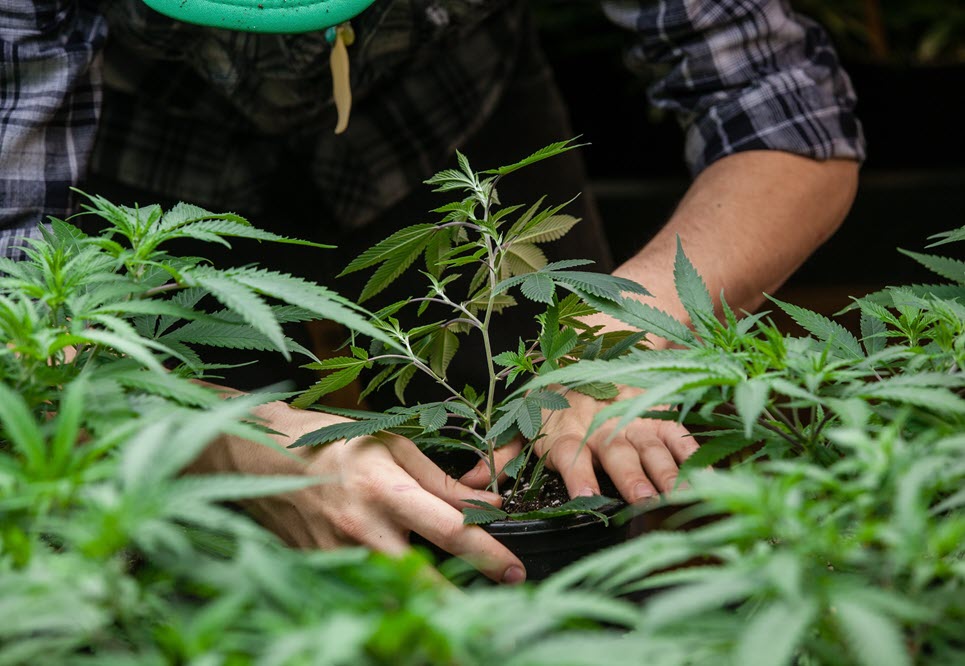
Since the 1960s, there has existed a growing movement in the United States to legalize recreational marijuana. However, in the past few years, this movement has been wildly successful, with nearly every cannabis ballot measure put to voters passing. In just the past six months, even the most conservative states, including Mississippi, Montana, and South Dakota, in addition to more moderate states like New York, Virginia, and New Mexico, have approved bills to legalize cannabis for recreational use. Although it is undeniable that America has come a long way in regards to legalizing cannabis use, it is essential to remember that just twenty-five years ago, medical marijuana was outlawed in all fifty states.
The war on drugs, predominantly the war on marijuana, has had a disastrous impact on the United States’ legal system, minority communities and cost the United States roughly 1 trillion dollars. Daniel Fung of Connecticut, a marijuana expert, believes that before we can move forward as a country, we must first recognize the full extent to which the war on drugs and medical marijuana arrests has impacted different groups.
Marijuana first became illegal in the United States in 1937 after hemp manufacturing threatened the business of American newspaper magnate William Randolph Hearst. As the United States had recently seen an increase in Mexican immigration, Hearst used xenophobic propaganda as a way to spread misinformation about cannabis and eventually push for its illegal status. Although cannabis had become widely popular in the early 1900s thanks to its medicinal properties, William Randolph Hearst’s efforts halted any and all selling of medical marijuana – leading to future generations of Americans “self-medicating.”
In the 1990s, a number of bills were created designed to combat the “war on drugs” and reduce the number of Americans selling and purchasing marijuana. Of the many bills created, the most prominent and harmful was the Violent Crime Control and Safe Streets Act of 1994. The bill asked for the expansion of the federal death penalty, the end of the exclusionary rule, the hiring of 100,000 new police officers, and trying 13-year-olds as adults. This bill led to an explosion of marijuana and self-medicating medical marijuana arrests as well as an increase in police racial profiling. Additionally, the VCCSSA bill led to the elimination of Pell educational grants for prisoners, monetary incentives for states to enact “truth-in-sentencing” laws, lengthened the sentences, and implemented the federal three-strikes law, which predominantly affected Americans of color.
According to the ACLU’s analysis of marijuana arrests, marijuana accounts for over half of all drug arrests in the United States. Between 2001 and 2010, there were 8.2 million marijuana arrests, 88% of which were simply for having marijuana. Of these arrests, however, the majority took place in black neighborhoods as a result of racial profiling. Despite equal estate rates between black and white Americans, black people are 3.73 times more likely to be arrested for marijuana possession than whites.
Although today, sixteen states and the District of Columbia have legalized recreational marijuana use, Daniel Fung recognizes that this will do nothing to help the millions of Americans who have already been arrested or served time for marijuana or MMJ possession. For this reason, states such as New York, New Jersey, California, Illinois, New Mexico, Virginia, and Vermont have all created opportunities for residents to have their marijuana arrest records expunged. While this is just one step towards rectifying the many consequences of the war on drugs, Daniel Fung believes it is a step in the right direction.